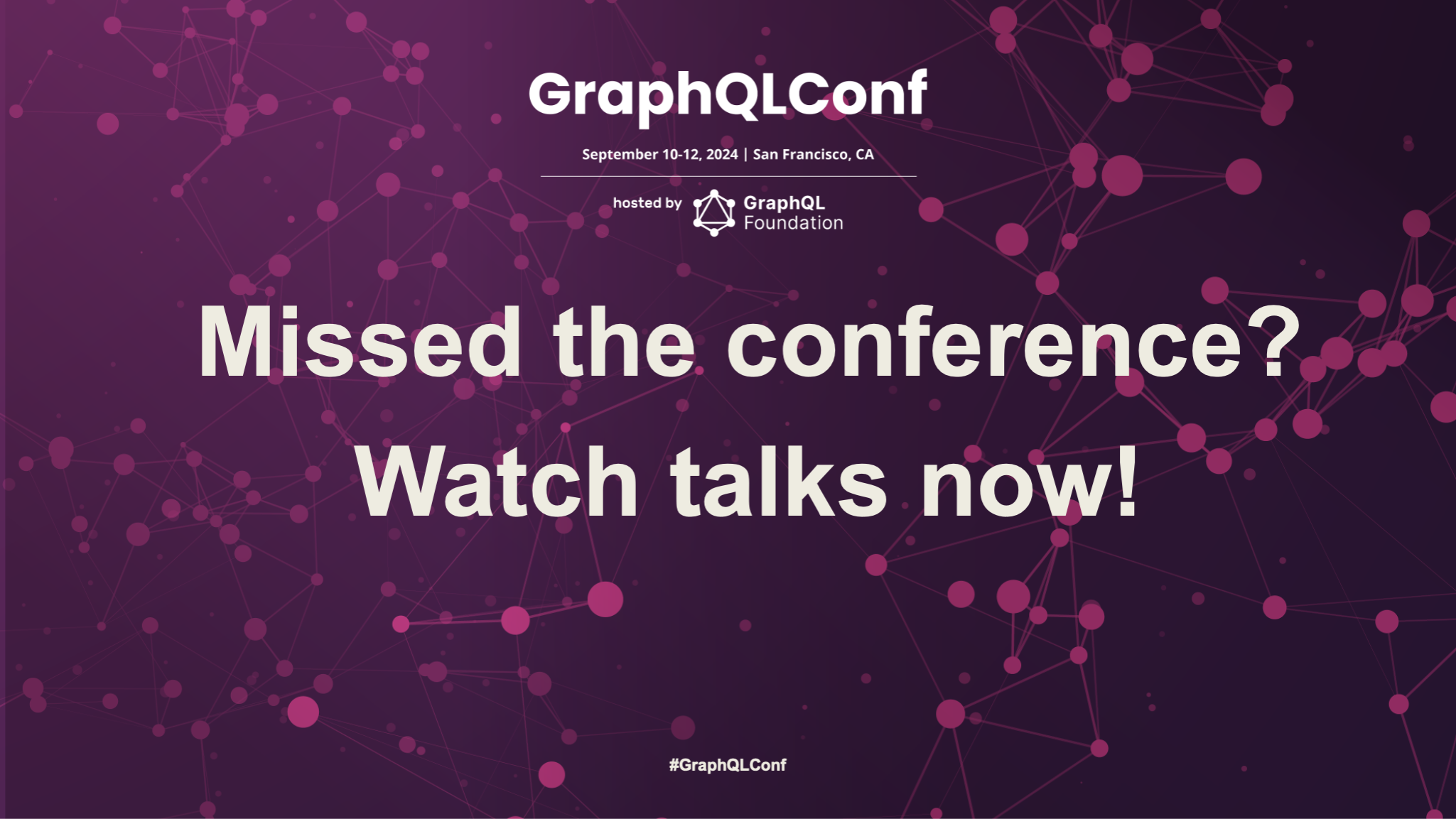GraphQL Foundation
Lee Byron phrased it in a great way in his announcement blog post: "Today, GraphQL has been a community project longer than it was a Facebook internal project — which calls for its next evolution."
A new GraphQL foundation, hosted by the Linux Foundation, has been announced!
The foundation's goal is to create a neutral home for the GraphQL community and support GraphQL's growth and adoption, helping it become a community standard. While the details of foundation's governance are still being worked out, it is a thrilling moment to see such a community-focused organization come to life.
Open Source
99designs shared a blog post on gqlgen, their tool for creating strictly typed GraphQL servers in Go. The blog post shares three different approaches to defining types that other servers had take on and goes into detail on their own approach. The blog post gives a sneak preview of some of gqlgen's upcoming features: better directive support, schema stitching, and schema-based gRPC/Twirp/Thrift bindings.
Apollo
At GraphQL Summit on Wednesday, Apollo introduced their new Apollo GraphQL Platform! Rolling out new products, especially focused on helping teams collaborate, the new platform offers features like a schema registry, client and operation registries, and a trace warehouse. A mix of open source and proprietary tools, the new platform adds even more functionality to the Apollo ecosystem. You can learn more about the full offering from their announcement blog post!
Educational Content
Robin Wieruch has released his new book on GraphQL, making it available for free on his site. Over 350 pages long, the work covers both Client-side GraphQL with React and Server-side GraphQL with Node. The book is written in an approachable way and offers a great overview of the GraphQL components and ecosystem used to build a modern application.
As usage of GraphQL increases, it's a good idea to have a full understanding of the limitations and the successes of the tool. This article does a nice job of highlighting both in GraphQL. It is especially useful in the "bad" section as it shares workarounds or suggestions for addressing some of GraphQL's challenges.
In his talk at Reactive Conf, Ryan Chenkie addresses mitigating bottlenecks that appear as applications using GraphQL grow. He covers both optimizations that can improve the function of an app, for example query batching to limit server requests, and those that speed up the perceived performance. A very engaging talk for those seeking to effectively scale further with GraphQL.
